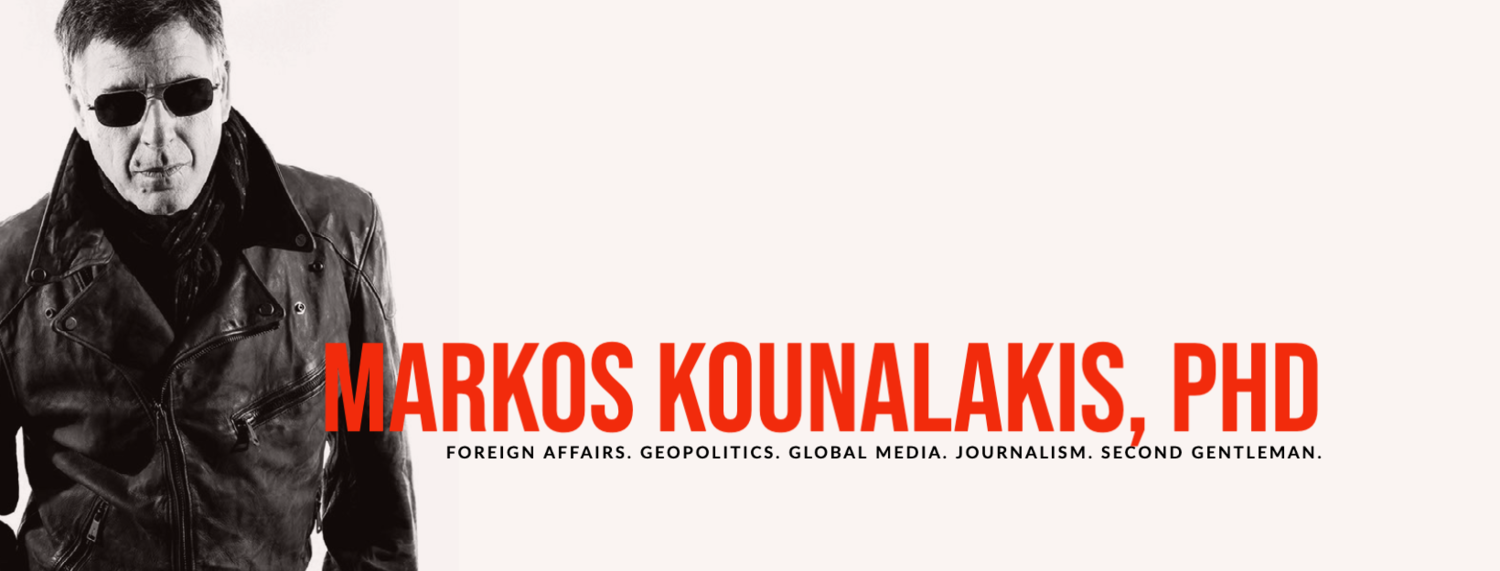Harvey and Irma were hard. But most of the world’s disasters are ignored
What a disastrous few weeks. Historic hurricanes, massive earthquakes, and large-scale wildfires have all simultaneously struck the Americas, grabbing headlines and inspiring telethons. The reporting has been extensive and the outpouring of generous homegrown support seems endless.
American society might be uniquely constituted to work together during crises, with national self-reliance a distinct part of this country’s character, heritage, and mythology. American leaders call attention to disasters and ask communities and their political representatives for help and money. A free, open and independent media report it all.
Elsewhere in the world, however, bad instincts or habits lead political and corporate leaders to mislead, hide, and deny disasters or impending doom. Russia and China are particularly susceptible to this trait, but it is generally true for less democratic and minimally accountable governments and institutions where disaster can translate into political crisis or even the threat of regime change.
In the former Soviet Union, the initial reaction and official denial of the Chernobyl nuclear meltdown and crisis set in motion the conditions for the eventual downfall of the entire empire. In a new biography about Soviet President Mikhail Gorbachev, the Chernobyl cover-up was considered the turning point that put Gorbachev on the political reform path toward a greater openness that became unstoppable. READ MORE

